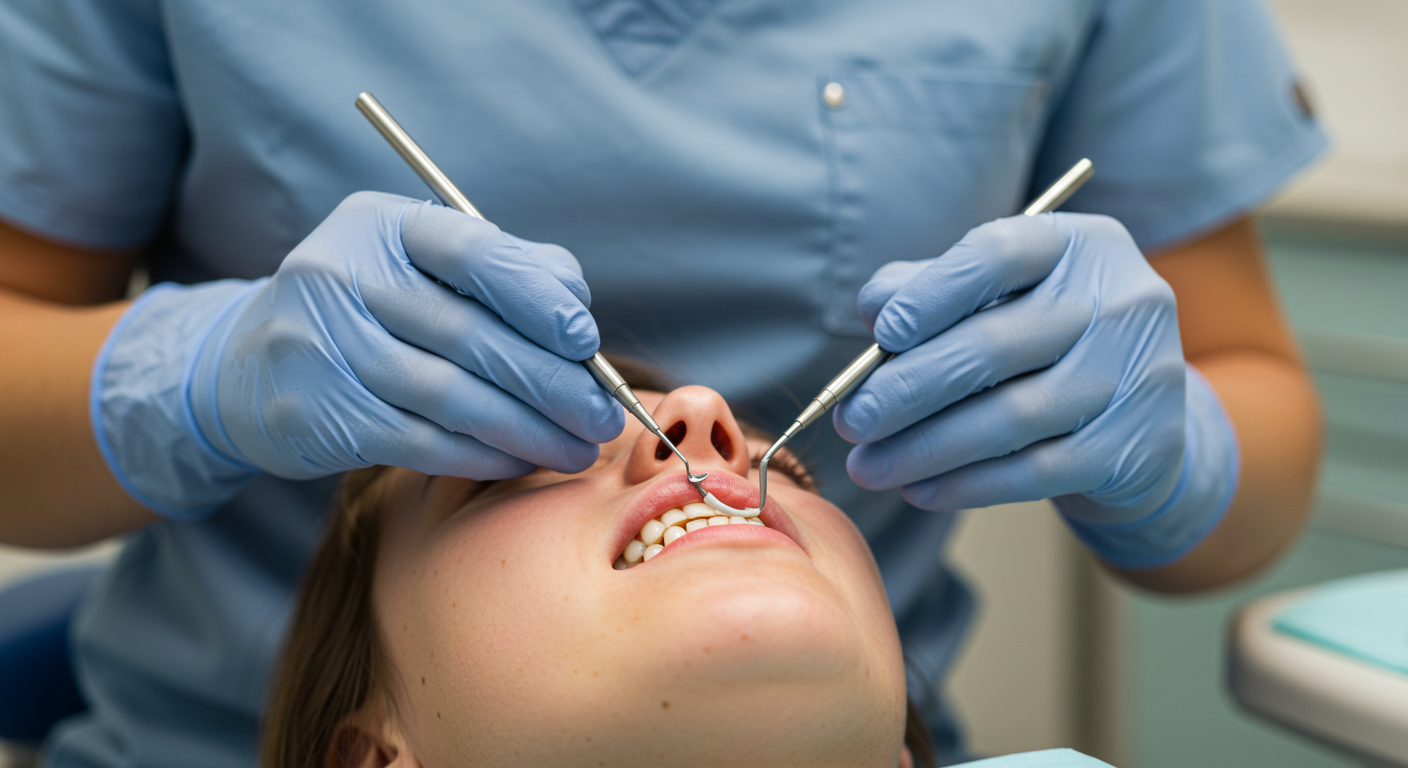Emergencies can happen at any time, and dental issues are no exception. Whether you’ve experienced a sudden toothache, a knocked-out tooth, or a severe injury to your mouth, knowing when and how to visit an emergency dentist is crucial. Understanding what to expect from an emergency dentist can help you handle dental emergencies with confidence and ensure that you receive the appropriate care when needed most.
Identifying a Dental Emergency
One of the first steps in knowing when to visit an emergency dentist is recognizing the signs of a dental emergency. Some common dental emergencies include severe tooth pain, broken or chipped teeth, knocked-out teeth, and injuries to the gums or soft tissues inside the mouth. If you experience any of these issues, it’s important to contact an emergency dentist right away to avoid further complications.
In some cases, dental problems may not feel urgent, but if you notice swelling, bleeding, or an abscess, these can be signs of infection and should not be ignored. Infections in the mouth can spread quickly and may lead to more serious health problems if left untreated. An emergency dentist is trained to handle these situations and can provide immediate care to alleviate pain and prevent further damage.
What to Expect During Your Visit
When visiting an emergency dentist, you can expect quick and efficient care to address your immediate dental needs. The first step will usually involve a thorough examination of your mouth, including X-rays if necessary, to determine the extent of the damage. Based on your condition, the dentist will provide a treatment plan tailored to your specific situation.
In many cases, emergency dental care involves pain management, as most dental emergencies are accompanied by discomfort. The dentist may offer local anesthesia or other sedation options to ensure you are comfortable during the procedure. If your emergency involves a knocked-out tooth, for example, the dentist will work to re-implant it as soon as possible, or if that is not an option, they may discuss alternative treatments like dental implants.
Emergency dentists are also skilled at performing repairs for broken or chipped teeth. If you’ve damaged a tooth, the dentist can restore its function and appearance with bonding or crowns. The goal is to address the immediate concern and prevent further damage to the tooth or surrounding area.
The Importance of Prompt Care
Timely intervention is essential when dealing with dental emergencies. The sooner you visit an emergency dentist, the better the chances of saving a damaged or knocked-out tooth. For instance, if a tooth is knocked out, it’s crucial to get to an emergency dentist within 30 minutes to an hour for the best chance of saving the tooth. Delaying treatment can result in complications and irreversible damage.
In addition, visiting an emergency dentist as soon as possible can help reduce the severity of any pain or discomfort you are experiencing. Addressing the problem early on can prevent the need for more invasive procedures down the road.
Preventing Future Dental Emergencies
While dental emergencies cannot always be predicted, there are steps you can take to minimize the risk of experiencing one. Regular dental checkups and maintaining good oral hygiene are crucial for overall dental health. Avoiding habits like chewing on hard objects or using your teeth to open packages can also help protect your teeth from damage.
If you play sports or engage in activities that may pose a risk to your teeth, wearing a mouthguard is an effective preventive measure. A mouthguard can help cushion the impact of a blow to the face, reducing the likelihood of injury to your teeth and gums.
In conclusion, visiting an emergency dentist is essential when you experience a dental issue that requires immediate attention. Recognizing the signs of a dental emergency and seeking prompt care can help prevent further damage and alleviate pain. By understanding what to expect during your visit and taking steps to prevent future emergencies, you can maintain your dental health and keep your smile intact.





